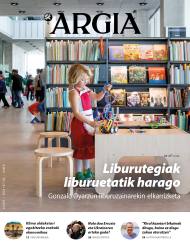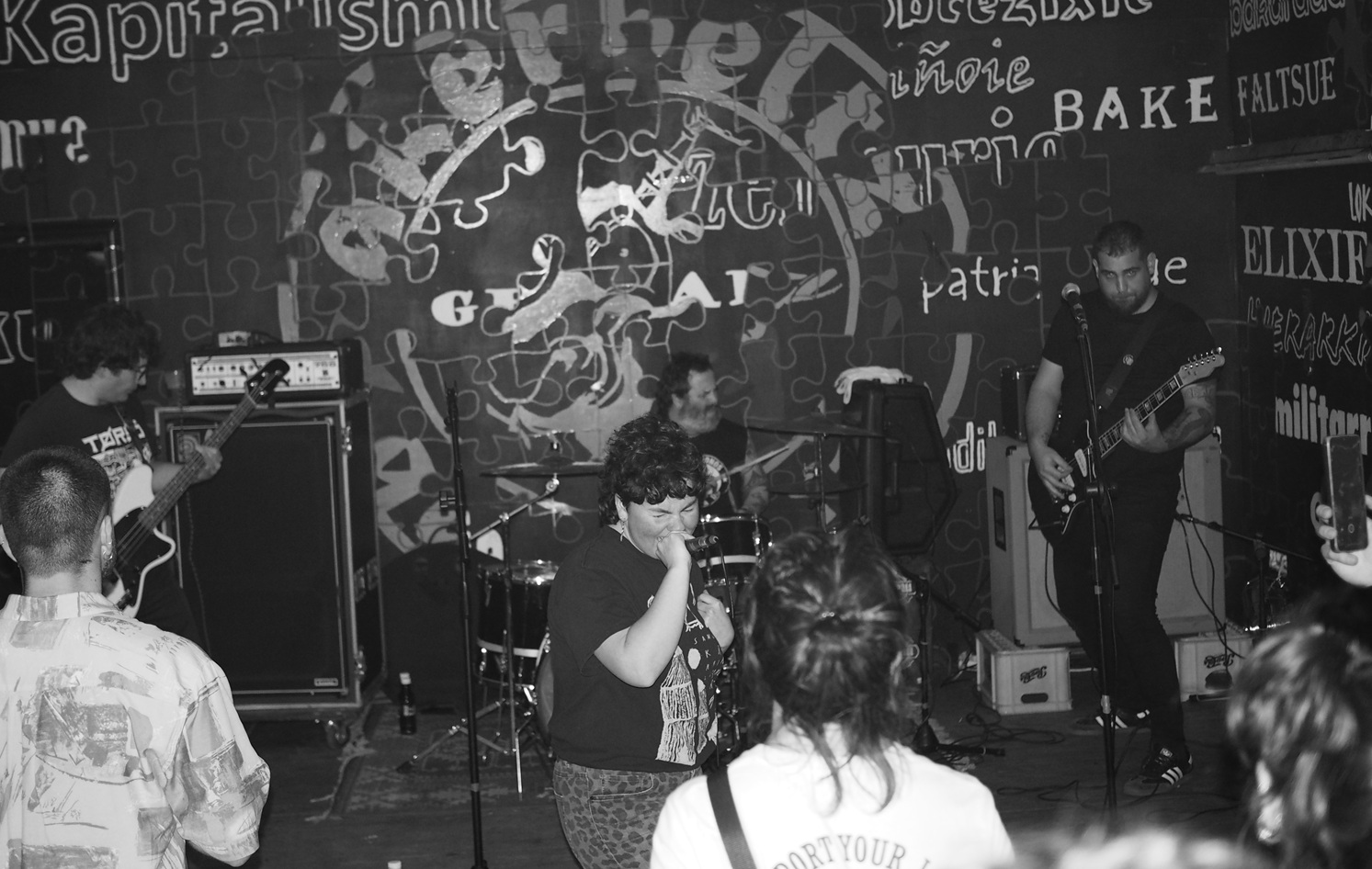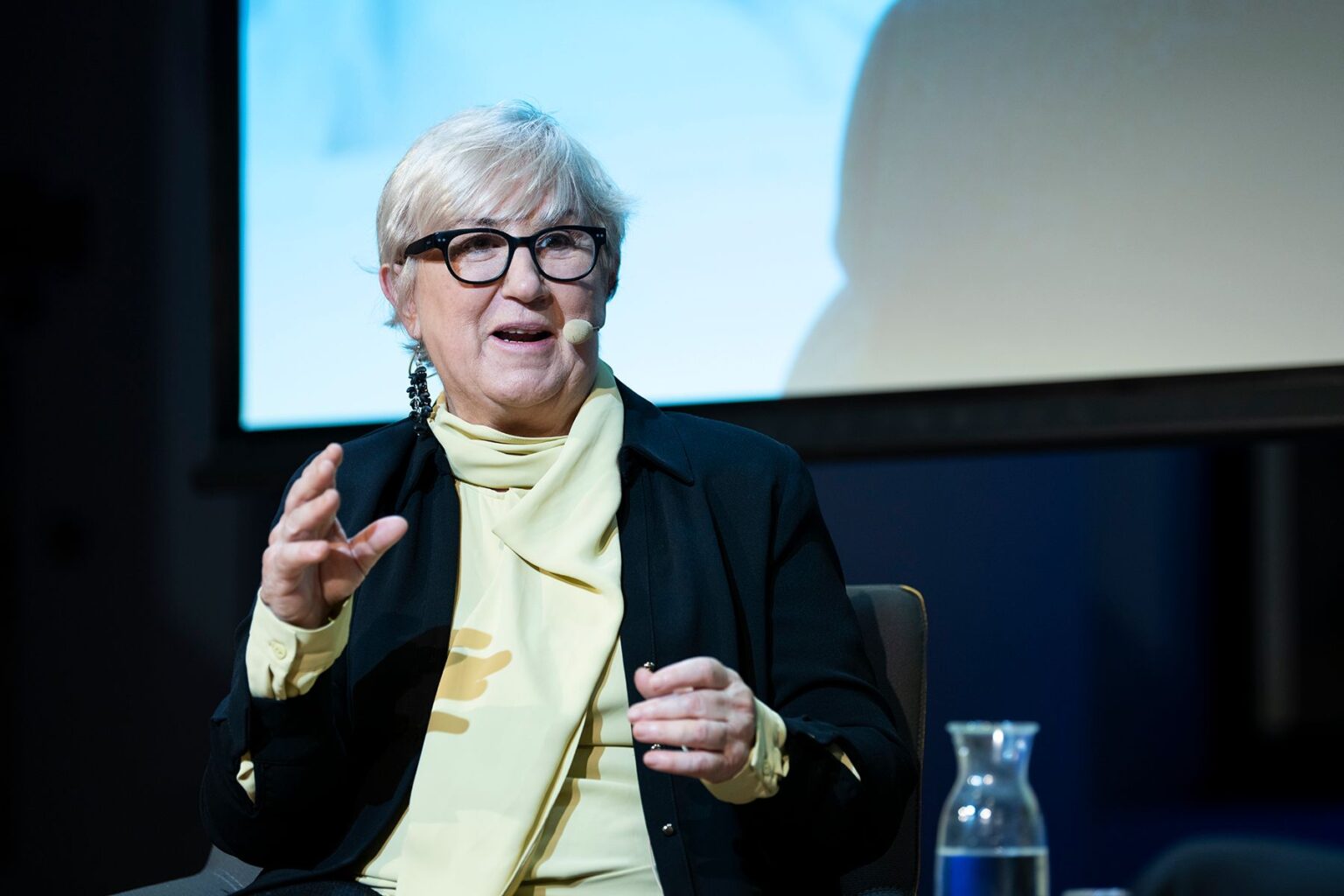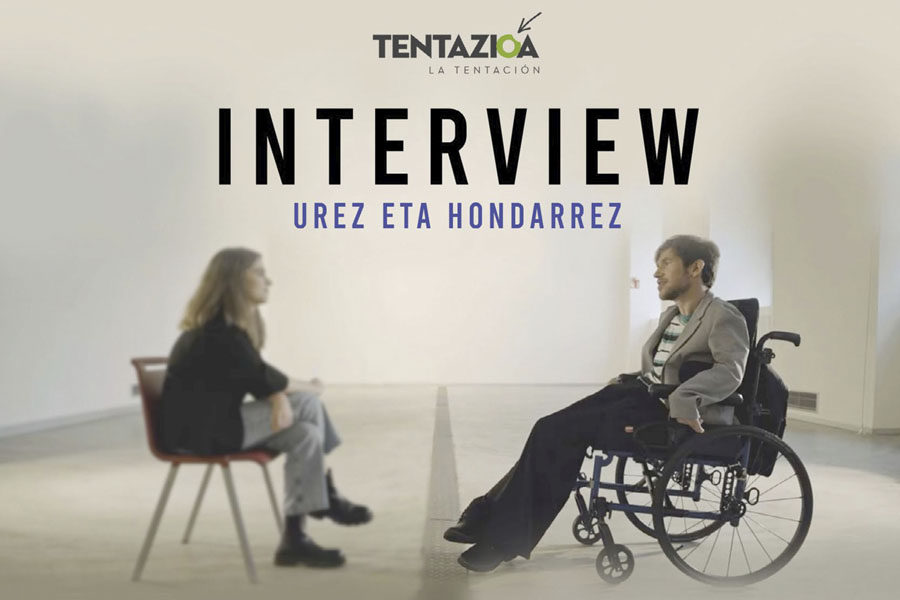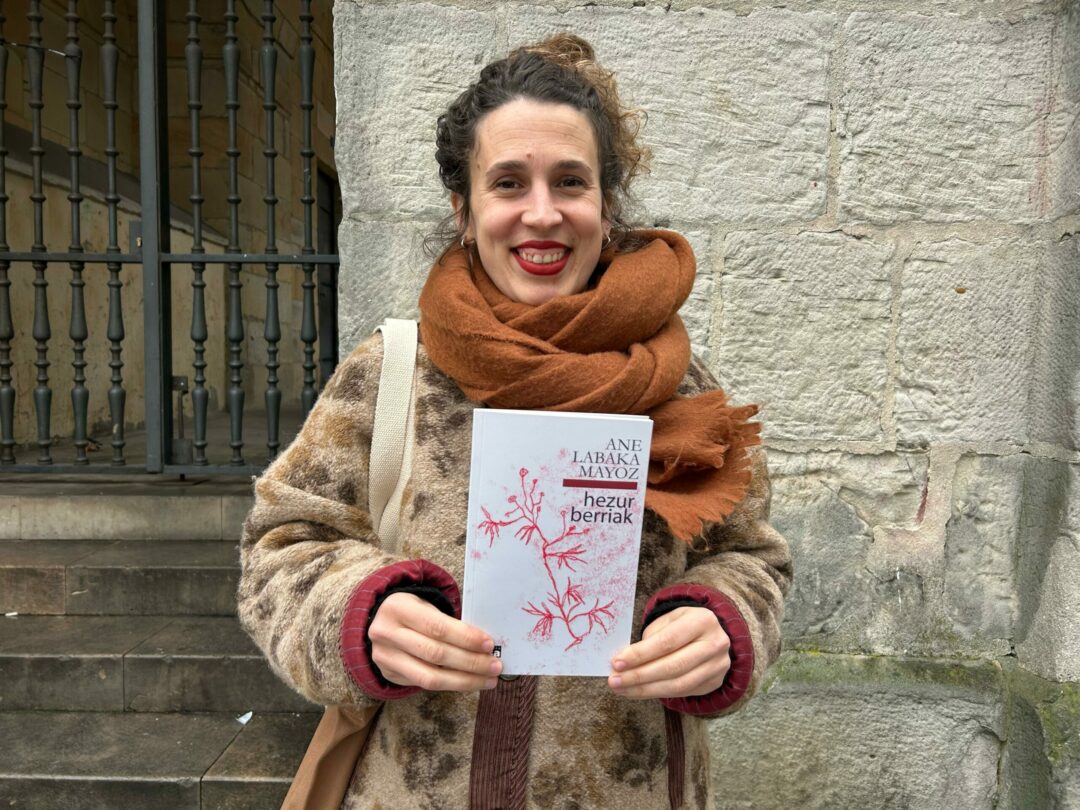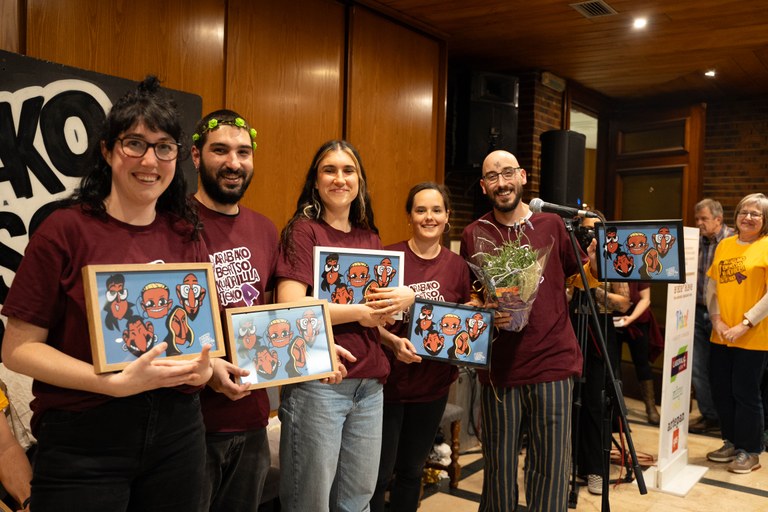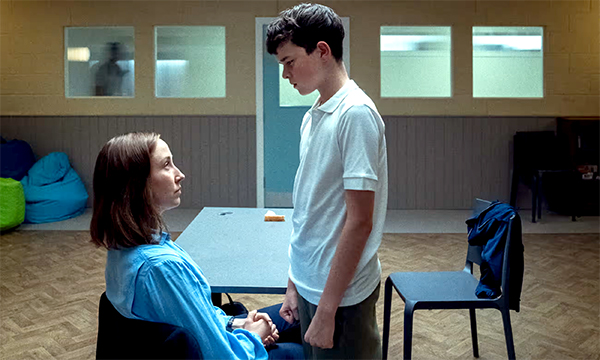"Books should be put at the service of those who go to the library, not the other way around."
- Forget the classic library models, the corridors with a reduced space to move forward and backward; the old wood of the earth you want to keep quiet and tell you which shelves you are exploring books. Chilean librarian Gonzalo Oyarzún says that libraries go beyond books, the imagined Library that ALDEE has brought to the Basque country. In the book The Garden of Planting Communities. One proposal: books should use 30% of total space, no more. And it creates meeting spaces to enrich the community.
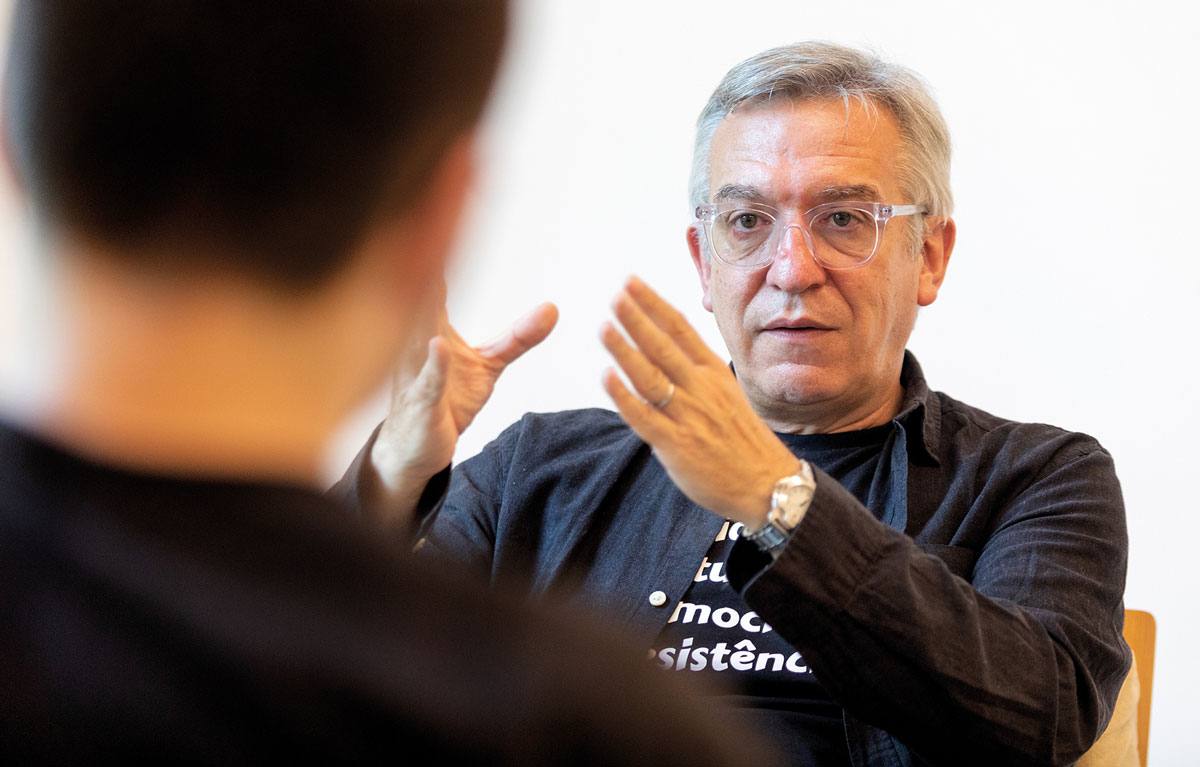
He stresses that the library is “a garden for sowing communities”. He told me before that his father was gardener, and you are a librarian. Is it a mixture of both?
My father was designing gardens, he was a landscaper. The idea of planting things, of molding, of designing -- I think that's where it comes from. Libraries, like gardens, must be designed to fulfil their role.
Libraries in gardens? Gardens in libraries?
These formulae can of course be used. And there are examples, like the one in Girona (Catalan Countries) that I just met, the library is in the middle of a garden. Or there are gardens inside libraries. But I don't want to refer to flowers, what I mean is that libraries can be the perfect place to flourish and grow diverse popular communities.
What is the library for you?In its broader
sense, it is the space of the community that wants to develop knowledge. He's not a librarian, not a file, not an institution... It's about the citizens who come to it, the community, the people who get care and service. It is open to all and must be an important and referent space for people. It is not enough to function as a file.
So, does it go beyond book lending?The library
is not just a book deposit, nor a point of reference for technology, although it is a single internet access point for many countries. The library must be a repository of heritage and heritage is not just a bookshelf. In addition, heritage is constantly reproduced. It's in the hands of people, of the community.
It is said that the knowledge of a people is kept in the books.Rather than books, libraries
are the refuge of knowledge, they should be. Of course there is knowledge and heritage in books and the Internet, and you have to be very enriching for personal and community knowledge, but you have to go beyond that. We have to put the books at the service of those who go to the library, we have to think about that order and not the other way around. There are many ways to bring knowledge to the community, not just borrowed books.
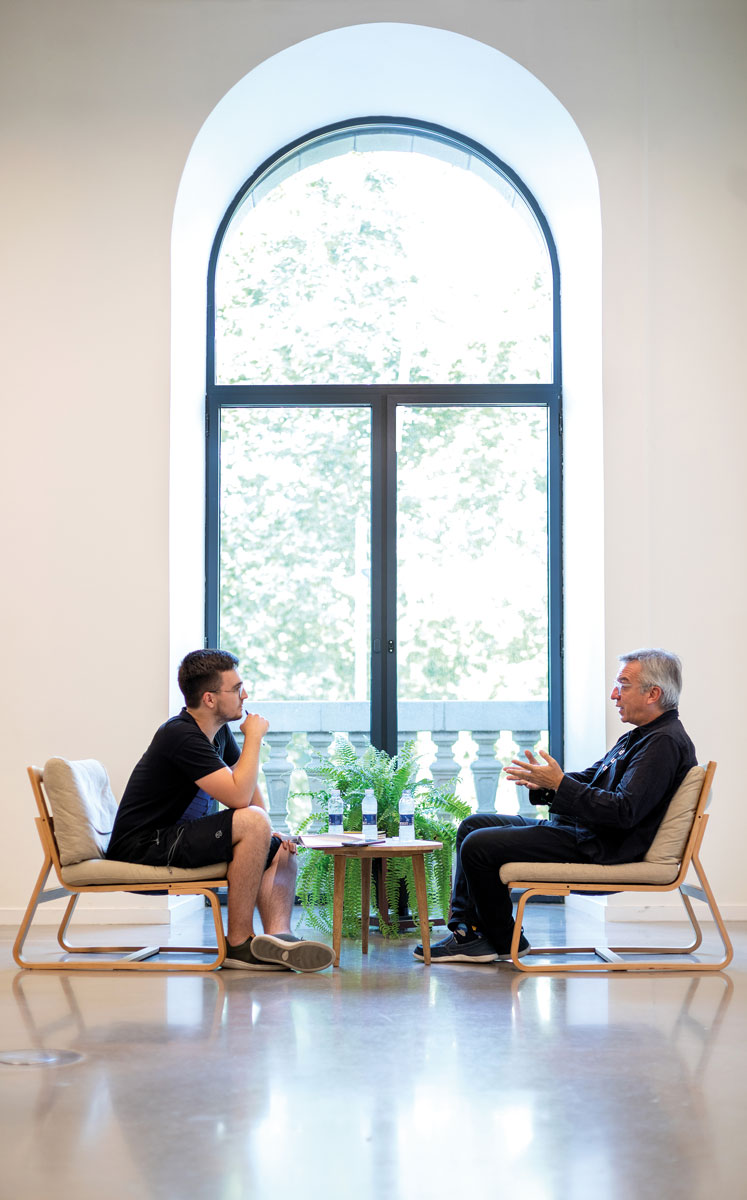
It proposes meeting spaces, spaces sociales.El
knowledge is in people. We can learn a lot from the experiences of an elderly man who lived the war, even talking to a migrant ... Knowledge must be shared and knowledge can be in books or large databases, but also in the library on which people are based.
I've been to the Catalan countries and I've met a library based on the creation of science in the community. In the Canary Islands, for its part, I have known the so-called Violet Space, which focuses on gender issues. Another library in Uganda, which I went to a few years ago, they learn how to make soap and create the community tools in the library workshop.
"There are many ways to bring knowledge to the community, not just borrowed books"
We're in Tabakalera, in Donostia, and we've come to interview a separate room. However, actually, Tabakalera can be an exception among library models. But I would like to ask you: Isn't silence prioritized in libraries?
Adults, the elderly, want silence, it's true. And kids make a lot of noise, even annoying them. Adults often go to the library in search of peace, silence, reading and occasionally participating in workshops, as well as sleeping in some countries. Instead, kids want a space like the village square to play, laugh, run ... And on the other hand, in the workshops, in the courses, the participants are released. There's no extra noise, but there's also sound.
All of this is part of the library and you have to respect it. We have to think and design spaces, schedules and times well. Libraries must unite and enrich their services, never eliminate them and reduce them. There will always be dissatisfied people, and that's why you have to create all kinds of libraries. Everyone will have their own identity, their audience.
Recently we have had municipal elections in Hego Euskal Herria, and in one or another town we have heard in proposals from some parties the intention to create “modern and contemporary libraries and spaces”. I don't know if I would have any suggestions...
If projects are to be driven by municipalities and institutions, I would say that they will go wrong. Wrong on the initiative of a small group of citizens. In these cases, once created, these spaces become empty. The creation of modern and contemporary spaces requires full citizen participation. Go outside and listen to people.
And how do you do it?
Do we know what the needs of the citizens are? Perhaps we would realize that not only do they need books, they need more meeting spaces, programs, workshops, appointments... Meeting excuses. He talked to me earlier about silence: now the noise is in the bogie in some libraries because so far silence has always prevailed. But do we want noise? Have we asked what we want?
It's not all about making information available to the public, offering the best books, the latest books and other tools. We must know people’s wishes and try to meet the needs of as many people as possible.
"Do we know what the needs of citizens are? Perhaps we would realize that not only do they need books, but they want more meeting points"
He says he liked the Barcelona library system.
Yes, they've formed a powerful network and it reaches people, I've had that feeling. Spanish legislation helps, but obviously things change a lot depending on the place. It is a matter of will.
In Argentina, there are community libraries, known as “popular libraries,” and the immersion model is good. In Guatemala, I have known the common libraries that indigenous people created. They were created in the postwar period for young people to receive some education, but today they are a great deposit of knowledge of traditions. For example, through different workshops and formulas, today they are being sewing like the ancestors.
That is what the book says: that libraries contribute to the formation of social capital.
In general, we have a serious problem in our way of understanding libraries. Libraries are perceived as spaces for the conservation and maintenance of cultural heritage, as they serve to know great authors and works. It is true and it is OK, but they also have more obvious functions. They enrich social capital, for example. Links are established with people from there.
Let me give you an example from Côte d'Ivoire: Library known as Grainothèque or library of rural specimens. They had a large information file, with many books, research reports, a particularly rich database... But it was barely used. A few years ago, a group of volunteers who came there, with the help of the United Nations, asked the community what their needs were. It had to do with food: they needed seeds, they ordered tomatoes. In fact, the seeds, being preprocessed, are of a single use, that is, they only give one fruit and their seeds do not bear another fruit. They needed sustainable seeds, that's what they asked for.
The library extended the seed loan service free of charge, and the system was that the one year that had so much growth had to go back to the next year to serve another. So in 2018, three tons of seeds were exchanged.
Not only social capital, but also the economy mico.Las libraries are
an investment, an opportunity to enrich the community, even economically. I mentioned earlier that in Uganda they make soap and also teach to work and care for orchards.
Also, let's go back to the base or to the known: books. Many studies state that the 16-year-old who reads about pleasure, compared to those who do not read, is more likely to have a better economic future, among other things because he has more knowledge and psychosocial skills. It's an investment.
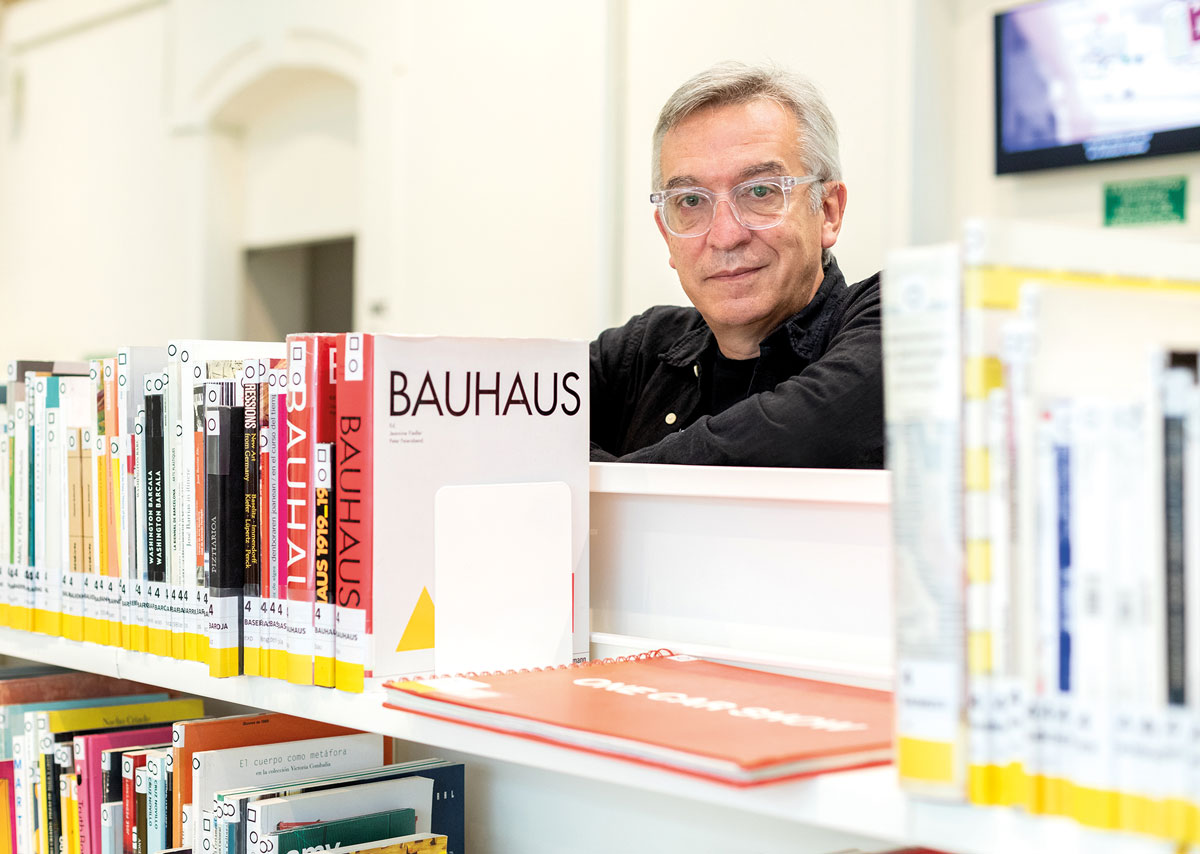
But if you look at it as expenditure rather than as investment, what?
It is clear that the financial crisis that broke out in 2008 left dramatic damage. Many public libraries closed and many of them did not open backwards. In the United States, the balance was very negative. In England, 86 public libraries were closed and some did not return. In many African countries, on the contrary, libraries were opened, which was the solution they found to support families in the community.
The pandemic would also suffer damage os.Por of
course, it has also suffered the pandemic. All the libraries around the world closed their doors, but they found solutions there and here. For example, workers in a village in north-west London worked by telephone. The library staff called the elderly users to their homes to be asked about their situation, offering help, as well as to bring the books home. Or they would read a few passages over the phone. A library official read a 60-page book by telephone to a 101 year old woman.
Before the pandemic, these older people didn't go to the library to search books, they were going to talk, they were going to search for company, because they were alone and they hadn't talked to whom. And the library is an excellent space for conversation. Orality emerged before writing, and although one day all books are burned, we have orality. It has to be valued.
You talked about the elderly and I would like to put young people on the table. Are you approaching libraries? Are they
offered services? Do you have enough comics, manga...? Can you dance hip-hop in libraries? Can you create music?
They are accused of not reading.
These assessments are made from adult logic. That's what we want, reading everybody. But for young people, they don't make books and they're unattractive. We should also consider it: children's literature is beautiful, attractive, in many libraries have their corners, places to play... But after the age of 12, little can be found. Why don't you have the right to read exciting and engaging books?
"In Pandemia, a librarian read a 60-page phone book to a 101 year-old woman."
The forced reading model is promoted. Perhaps the relationship of many people with libraries is limited to that, going to look for the book the professor has commissioned them.
You always read old books; ten, fifteen years ago, or more. Teachers don't change, the system doesn't update the list. Of course they get bored!
In addition, for those who say that young people do not read: The other day I was in a library in Barcelona, first at the inaugural event and two days later. Comic collections flew soon. Do you not want to read or do not want to read too much?
Meeting spaces for young people in the bibliotecas.La library should also
be a meeting point for all people and classes, with different spaces. Let young people speak up, kiss and develop the first experiences with their partner. They need spaces of artistic, political, scientific expression ... We all need our corner.
THREE CONSECUTIVE EXAMPLES OF LIBRARIES
Kibera, Kenya
Kibera is one of the largest and poorest neighborhoods in Nairobi. Seven rival tribes live in the same neighborhood. They'll never sit at the same table, they won't visit each other, and kids won't be friends at school.
In the center of the coast is a library, an exceptional space. It has electricity and internet. You can use books and technologies that you never have at home.
This library is an open and secure space where members of seven rival tribes can sit at the same table.
Among others, women workers offer a programme to prevent the pregnancy of young women. Oyarzún says the end of the pandemic was "very sad" because many young girls returned pregnant from confinement. "Libraries are very important to many people, they influence the lives of many."
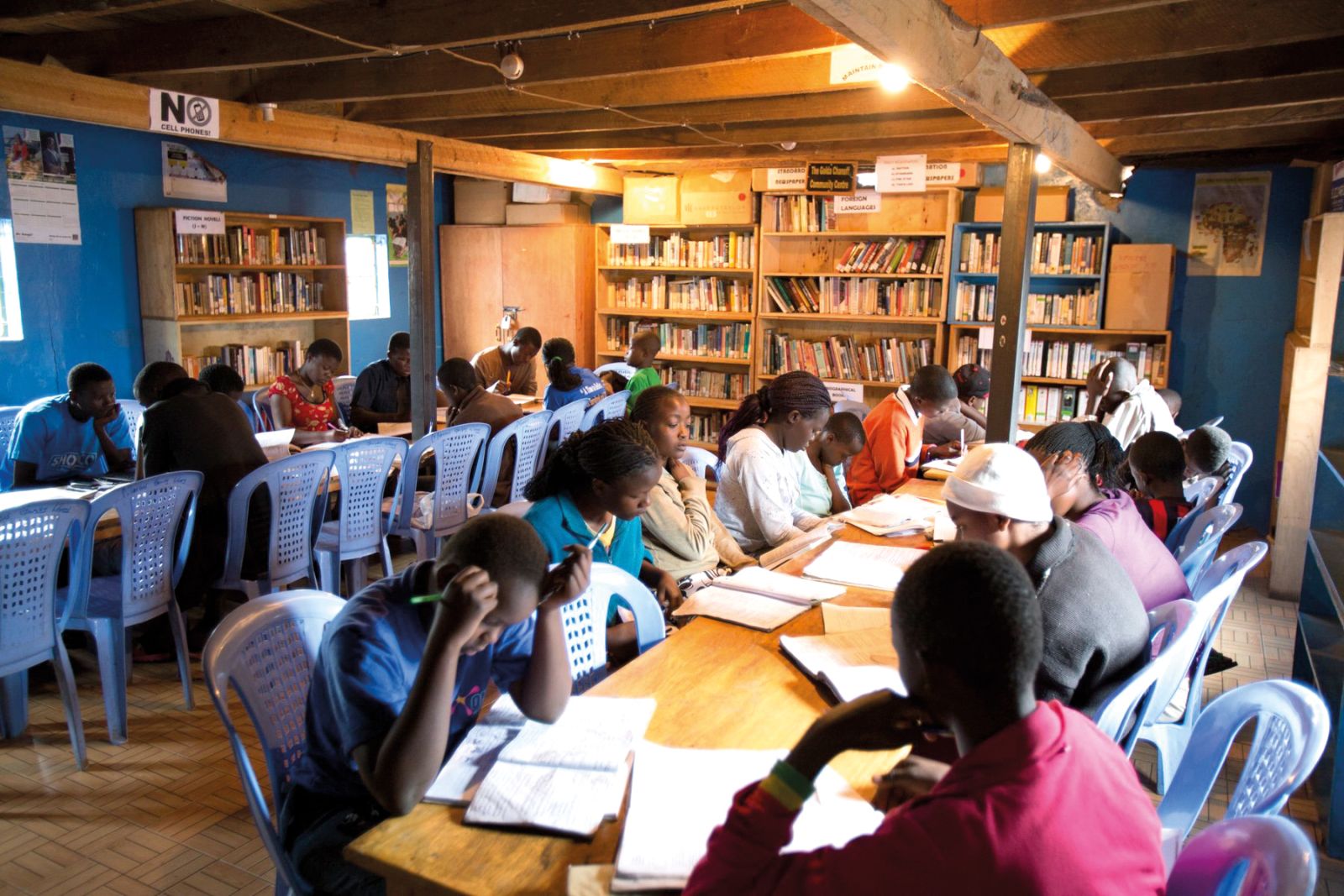
Aarhus, Denmark
The dokk1 library belongs to the community and "celebrate growth," literally. In a nearby hospital, when a community member is born, they touch a large bell. They claim an "affective approach of proximity", defending that each member is part of a whole.
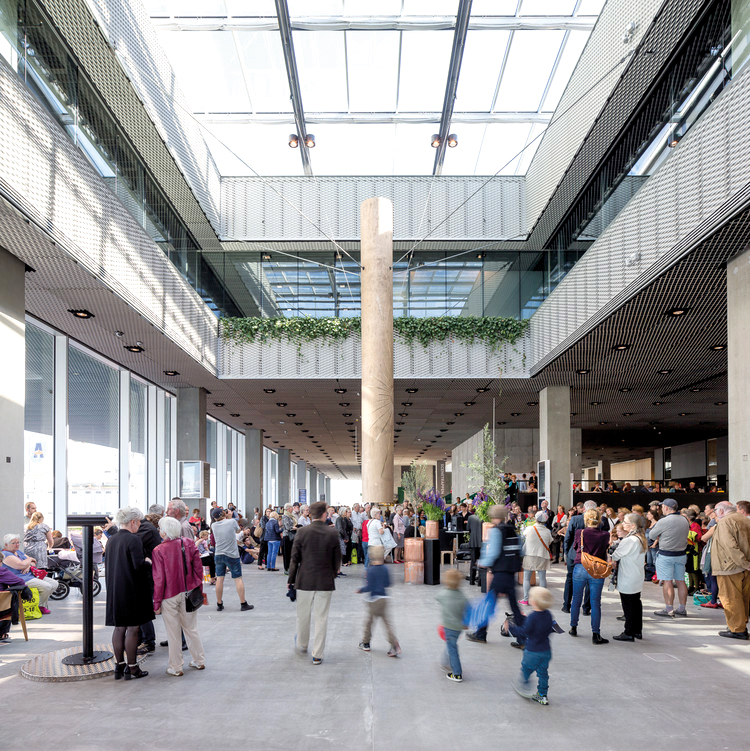
San Javier La Loma (Colombia)
Medellin is a poor neighborhood located on the outskirts of the city. The last official map of the neighborhood was 1971. It became obsolete and completely invisible and marginalized in Medellín. The neighbors organized a decade ago and the updated streets, buildings and businesses of the neighborhood are already on the net. Now his focus is on early childhood education.
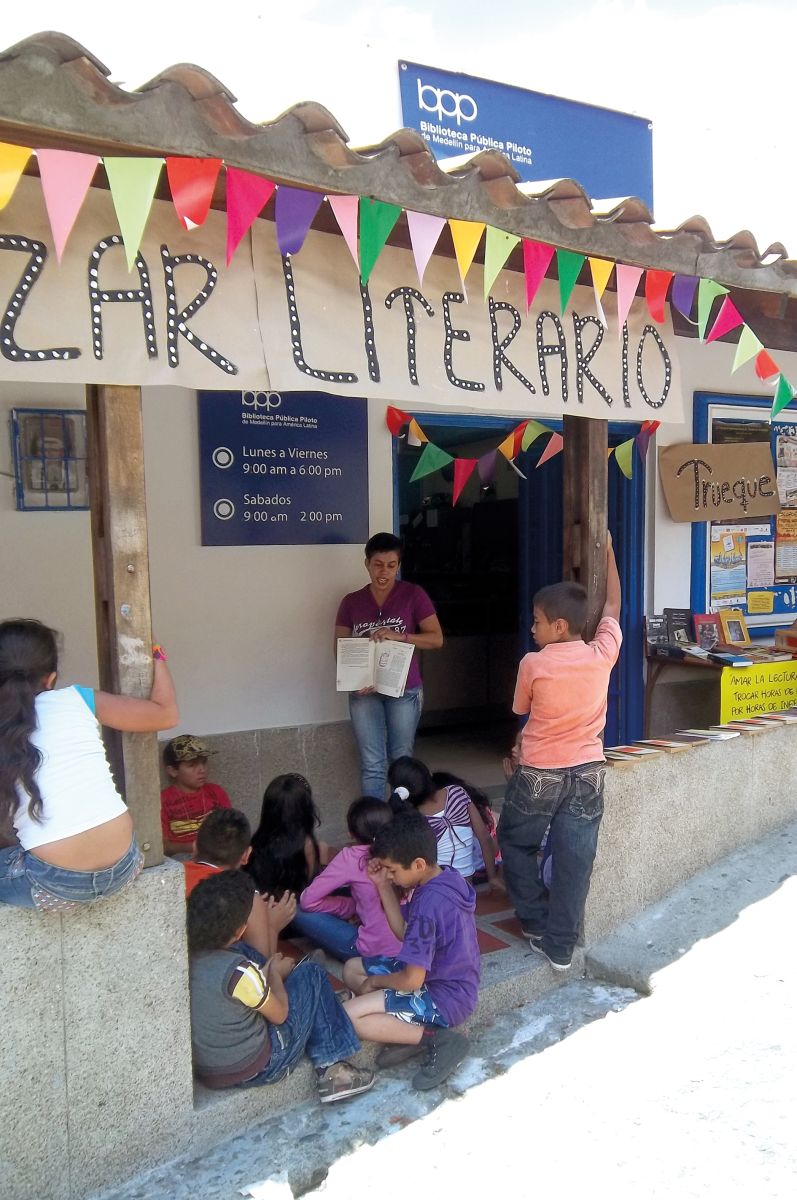
Aposapo + Mäte + Daño Dolor
When: April 5th.
In which: In the Youth Center of Markina-Xemein.
---------------------------------------------------------
I’ve made my way to the cheese house with the shopping cart full of vegetables, and we’ve spent the evening cutting... [+]
Poliorkêtês
Kerobia
Autoekoiztua, 2025
--------------------------------------------------------
Azken aldian, lerrootan asko nabil hausnartzen musikak izan beharko lukeen “misio historikoaz” eta abarrez. Eta, nolabait, zer egin beharko lukeen... [+]
Under the asphalt, the flower
Text: Monica Rodriguez
Illustrations: Rocío Araya translation
of: Itziar Ulcerati
A fin de cuentos, 2025
Ereserkiek, kanta-modalitate zehatz, eder eta arriskutsu horiek, komunitate bati zuzentzea izan ohi dute helburu. “Ene aberri eta sasoiko lagunok”, hasten da Sarrionandiaren poema ezaguna. Ereserki bat da, jakina: horra nori zuzentzen zaion tonu solemnean, handitxo... [+]









